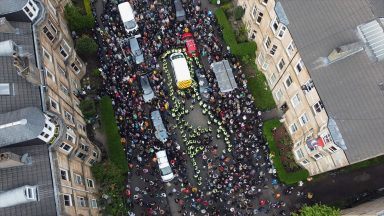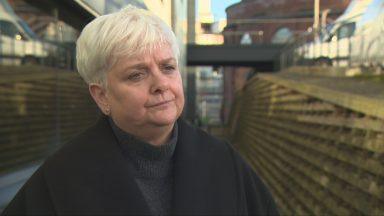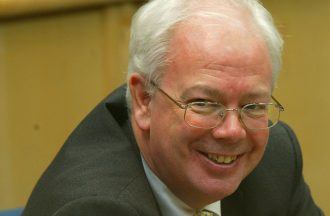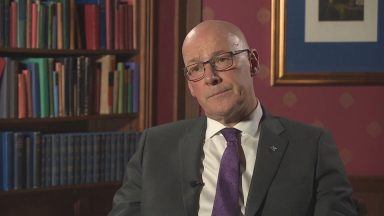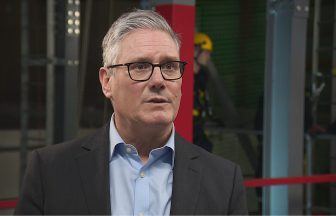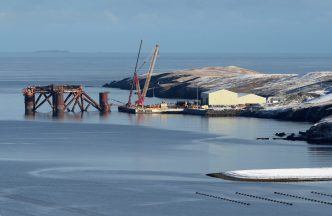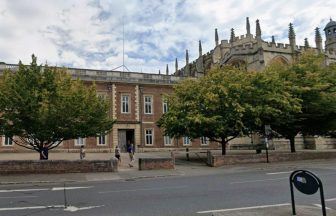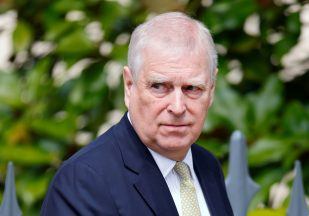However things unfold over the next month, what we witnessed yesterday was a moment of history.
Keir Starmer’s announcement that the UK is prepared to recognise an independent state of Palestine at the UN General Assembly meeting in September has been awaited, at least by some in the region, for decades.
That’s how long the idea of a two-state solution to the conflict at the heart of the Middle East has been in circulation. Lately, though, the term has felt hollow and lopsided.
There aren’t two states at the negotiating table. When the Middle East peace process felt vibrant and hopeful, there were at least the makings of a Palestinian state. But peace is now a distant memory, and Gaza is in ruins, and starving.
So the Prime Minister’s statement may have been symbolic, but it was still significant. There are now two members of the UN Security Council prepared to recognise Palestine – with the UK joining France in stating its intentions. As the former colonial power in the region, and the closest ally of the United States to do so, the UK’s statement carries the greatest weight.
It’s striking that Starmer chose to call his emergency cabinet meeting and make that statement, a day after meeting US President Donald Trump in Scotland. The US does not want its allies recognising Palestine – indeed, Trump pulled his negotiators out of ceasefire talks just days ago, saying Hamas doesn’t want a deal.
But there has been a diplomatic and political shift taking place, as distressing images of starving children have emerged from Gaza, and warnings from aid agencies have grown about a looming, deadly famine.
The fact that Trump was willing to publicly disagree with America’s ally, Israel, on the steps of his Turnberry golf resort, in front of the world’s TV cameras, and say that children were going hungry in Gaza, showed just how far global opinion has shifted.
The UK Government now sees an opening to use recognition of Palestinian statehood as leverage, with Israel, but primarily with the US. Even before the threat of recognition was confirmed, the Israeli Government had begun loosening its grip on the flow of aid into Gaza. Under American pressure, the hope is that more aid will be allowed through – but according to aid agencies, it will have to be much more, to avoid a humanitarian catastrophe.
At the same time, it’s also true that yesterday’s announcement was about domestic politics. A third of MPs have signed a letter demanding recognition of Palestinian statehood, most of them Labour MPs. Privately, a number of cabinet ministers are reported to agree. The Prime Minister couldn’t ignore that pressure forever.
The SNP and Liberal Democrats argue that Palestinian statehood shouldn’t be used as a bargaining chip; on the other side of the debate, the Conservatives and Reform agree with the Israeli Government that the announcement is a reward for Hamas and an incentive to hang on to the remaining Israeli hostages.
For Starmer’s announcement to not just be symbolic – for it to be a return to a peace process in the Middle East, and the start of a two-state solution – a great deal else will have to happen.
The Prime Minister set conditions for both sides for British recognition of a Palestinian state to happen, that neither will be happy to agree to: abandoning claims on West Bank land for the Israelis; for Hamas, disarmament and its effective disbanding. From where things stand now, those demands don’t seem realistic.
Ultimately, the decision over how this conflict unfolds, and whether it ends, rests with Israeli Prime Minister Benjamin Netanyahu.
Increasingly, world powers are coming to the conclusion that recognition of Palestine is the only way to get his attention.
Follow STV News on WhatsApp
Scan the QR code on your mobile device for all the latest news from around the country


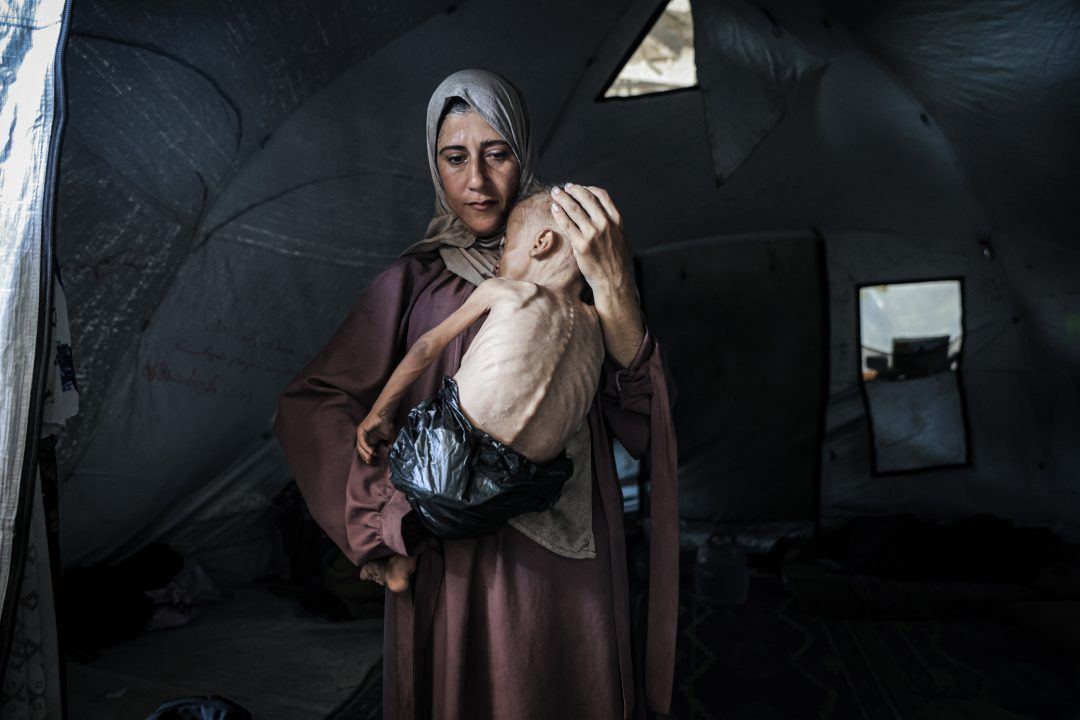 Getty Images
Getty Images







